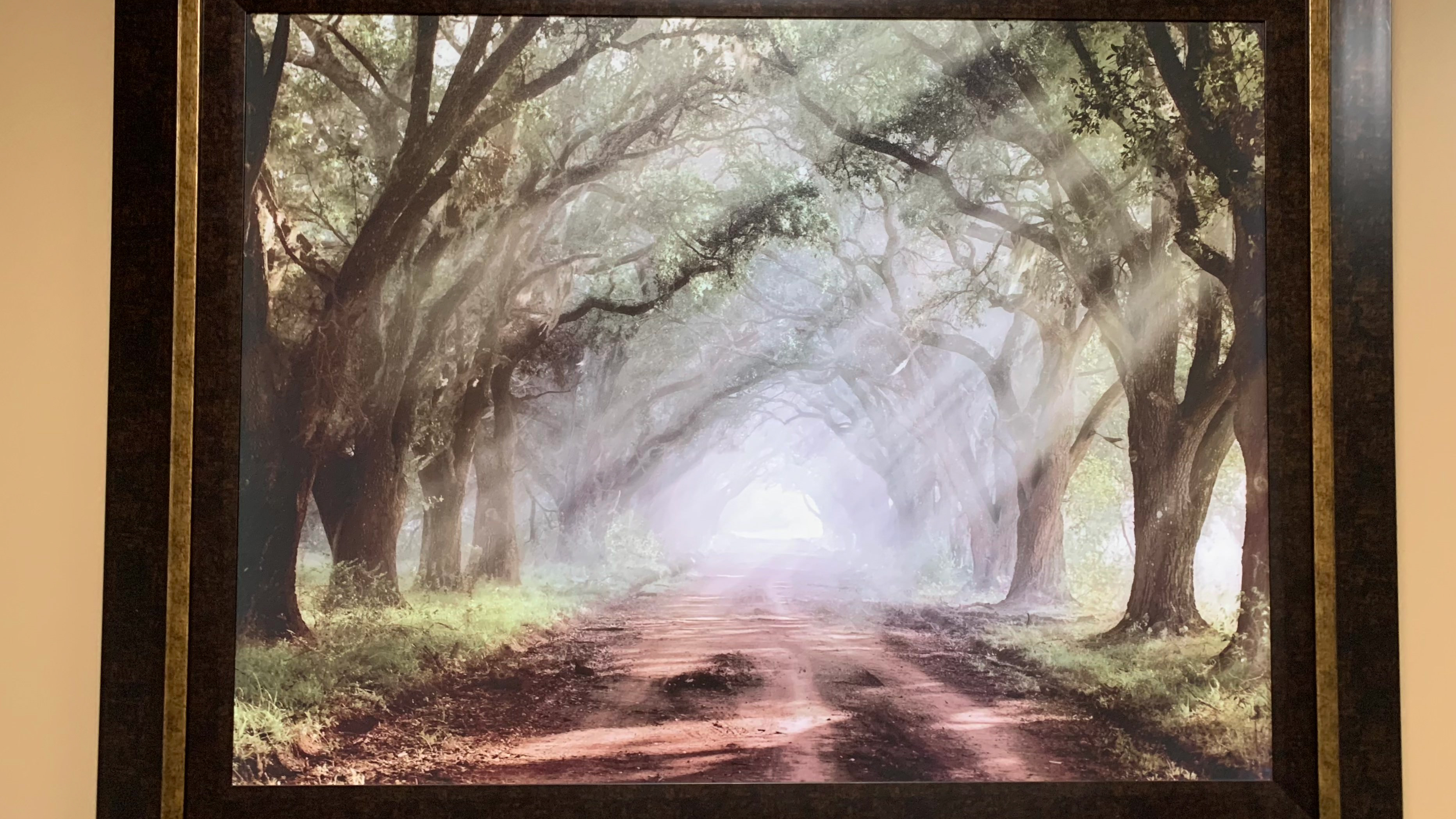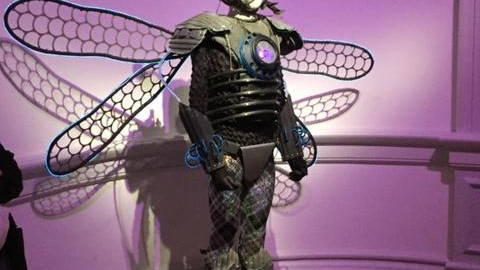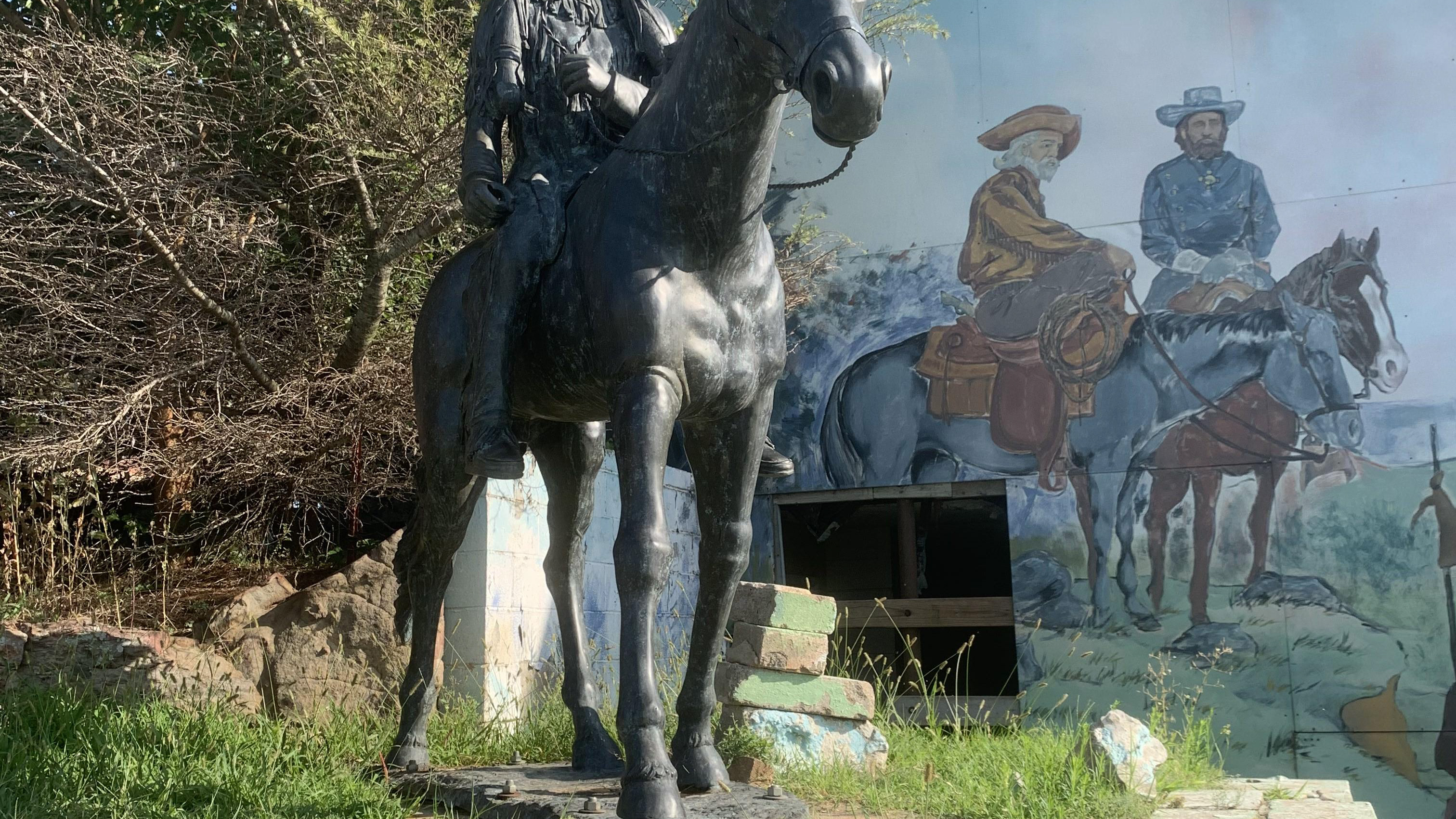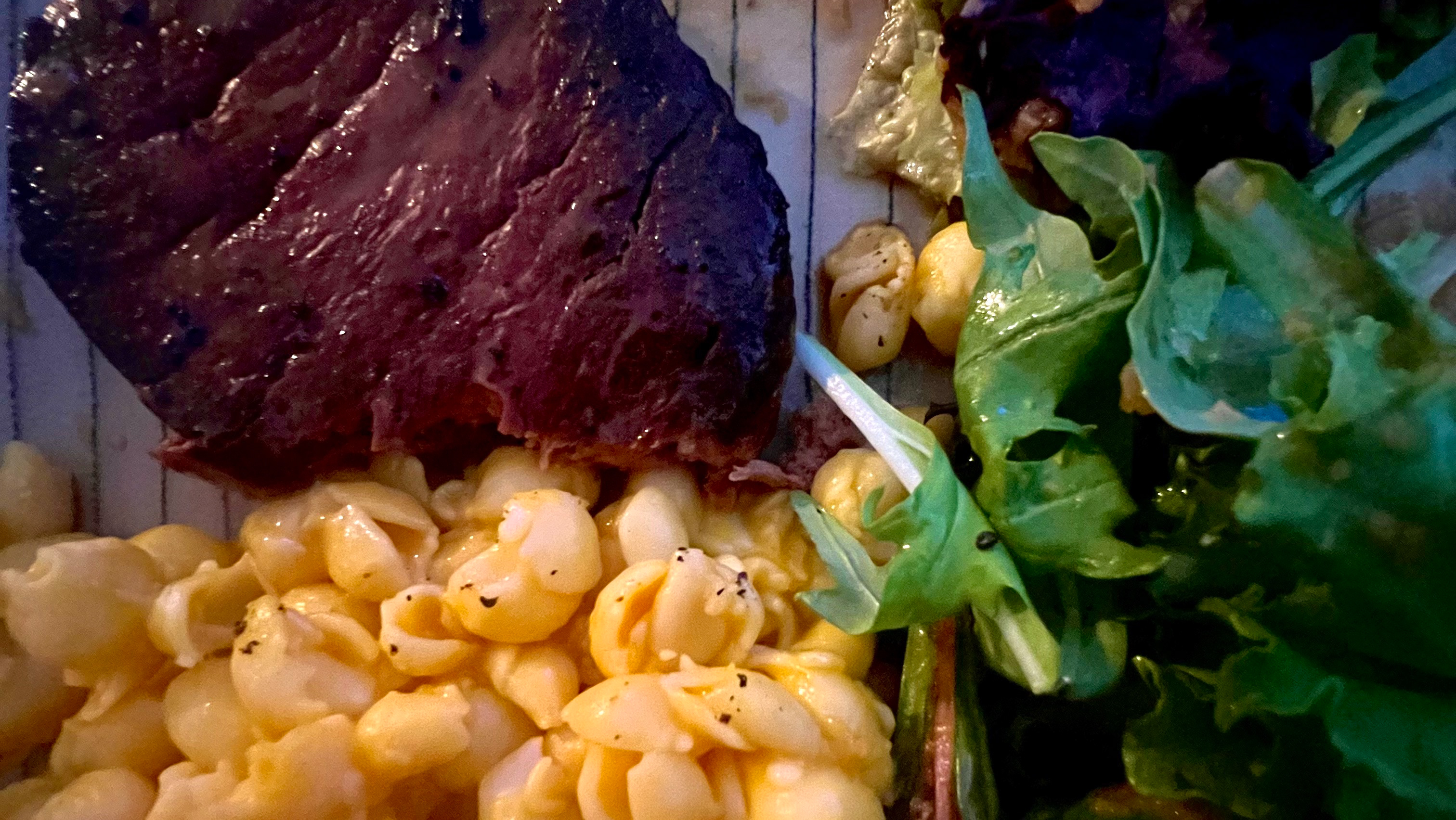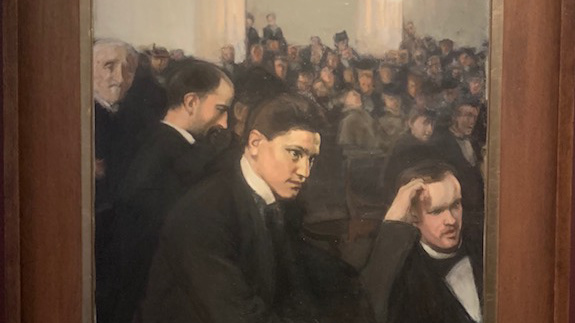“I’m sorry, but…” the doctor mumbled.
He could not lift his eyes from the chart. Surely if he did, his eyes would well up. There’s no need for more salt in the emotional wounds.
“But what? Speak up, would ya?” came a harsh voice muffled slightly by the respirator protruding from the patient’s mouth and nostrils.
The respirator produced a quiet whirr that filled the room in moments of silence, only to be interrupted on occasion by the slow beeping from the heart monitor.
“I, uh…” the doctor paused.
Gurneys were rolling back and forth as feet shuffled alongside them outside the door, while nurses shouted to one another from across the floor. The doctor closes the door to quiet any further distractions.
The doctor remained quiet. He did not know how to say what he needed to say. Maybe he shouldn’t, you know, say anything. It might be better that way.
No, that would be wrong. He knew that, but it didn’t make things any easier on him, or the patient, for that matter.
Should it just be said: plain and simple, and to the point? That would be cold. No it should be eased into, the doctor decided, but how? Where to begin? Where better than the beginning itself?
The doctor’s eyes unglued themselves from the clipboard and moved over towards the window. He slowly paced towards it, and stood there looking out. His clipboard jutted out from against his upper abdomen. A tear plopped itself down onto the paper onto the patient’s name. The ink started to blur.
“I didn’t think I was here to watch you stare at birds,” barked the harsh voice.
There were many days the doctor would leave the ICU and on the way to his car, he would walk past a couple dead birds on the sidewalk, all flat on their backs with their beaks up to the sky surrounded by a flat halo of feathers stained red. They had soared straight towards the crystal clear windows, would smash their heads hard against the glass, and drop down to the ground below. For the most part, they died before they even hit the ground from severe head injuries. He explained this as calmly as he could, and tried to hide a sniffle here and there.
The doctor wiped a tear from his eye and breathed deeply, then quickly lowered his finger to his cheek, as if he was scratching an itch.
His feet turned towards the hospital bed and his torso slowly followed in hesitation. His eyes were the last to direct themselves toward the patient.
There before him, under the respirator, tubing, IVs, monitors, and gauze, lay a young man no older than 30. The gauze was slanted across his face, covering his left eye. Red puffiness emanated from its edge. His other eye was squinted, surrounded by purple, blue, and black splotches.
“The birds, they only fall about 150 feet, but it crushes them,” explains the doctor.
“So?”
“You remember last night, just before midnight, you were at your apartment on the 22nd floor.”
“What difference does it make what floor I was on?”
“Well, it was about 250 feet above the ground, which is 100 more than where the birds fall from.”
“What do I care about those damn birds for?”
The doctor backs away and turns once again towards the window. He rests his forehead against the glass and stares down at the sidewalk.
“You, me, the birds…we all have the same strength to our bones. Even though they’re just tiny little creatures, their bones are just about as tough as ours.”
“I’m sure I could kill a bird if I wanted to. Wouldn’t say they’re as tough as I am.”
“Maybe that’s true. Sure, you got quite a bit more muscle than they do. Guess that’s what has gotten you this far.”
“What..are ya…gettin’ at?” chirped the harsh voice between deep guttural breaths.
“That apartment you live in is almost twice as high as where the birds drop from. When they hit the ground, they flatten out almost as thin as a sheet of paper; their entire being is crushed.”
The doctor spun around to face the patient once more. The man’s uncovered eye was shut tight and his lips were sealed around the respirator. The doctor approaches him, and catches the glimmer of light reflecting from clear specks around his eye.
“The difference is…with the birds, they have a straight shot to the ground. In your circumstance, the awning above the front door broke your fall, and also broke your right leg.”
“My leg’s broken?” inquires the patient. “I didn’t even realize…my head’s been hurtin’ real bad.”
“That’s the thing…the awning flipped you so you landed directly on your head. The impact fractured your skull, also giving you a severe cerebral contusion and hematoma.”
For the first time, the patient focuses his eye on the doctor. The respirator hums loudly and the beeping on the heart monitor slows.
The doctor taps his finger on the clipboard clutched against his hip as he explains that the operation was successful.
“With a lot of time and care, your injuries will heal. There might be some bruising for a while. It’s likely you’ll have a few scars too.”
The patient’s eye shut again as he let out a deep sigh around the respirator tube. The doctor was silent for a moment as he pondered what to say next. He reached for a nearby chair and pulled it over to where he stood next to the patient. He lowers himself into the chair and places the clipboard in his lap. Hunching over, he digs his face into his hands and rubs his eyes. After regaining his composure, he places his hand on the man’s forearm, right above his hospital wristband. The patient’s eye reemerges and focuses once more on the doctor.
“During the procedure, while we were fixing some of these problems, we found quite a big tumor. We would have tried to remove it, but we wouldn’t have been able to without risking some serious complications. Given your current state, it probably wouldn’t have turned out well.”
The man shut his eye for a second, and when it reopened it was turned away from the doctor.
“There’s no escaping it,” the man whispered to himself. The doctor leans in closer to him.
“I’m sorry?” the doctor asks, as he hadn’t quite heard the man, especially with all the beeps and buzzes echoing around them.
The doctor waited for the man to respond, but he was quiet. The doctor rose from his seat, and waited once more for the man to speak. After a moment more, the doctor pushed the chair back against the window and started toward the door.
“I knew…that’s why I did it,” muttered the man, now looking out the window.
“You…excuse me?” the doctor asked in confusion, turning back to face the man.
“I knew I had cancer…that I was gonna die. Found out just that afternoon. That’s why I jumped.”
The doctor leans back against the wall and gazes drifts out of the window. He nods to himself, although he still does not fully understand. He cannot bring himself to speak to the patient, let alone to look at him. His gaze drops to his own feet as they shuffle his body out the door. Mindlessly, he slams it shut, drawing the attention of those nearby. He notices the clipboard still in his hand.
The blurred ink was now dry, permanently obscuring the patient’s name.
Suomenlinna Fortress, FI

